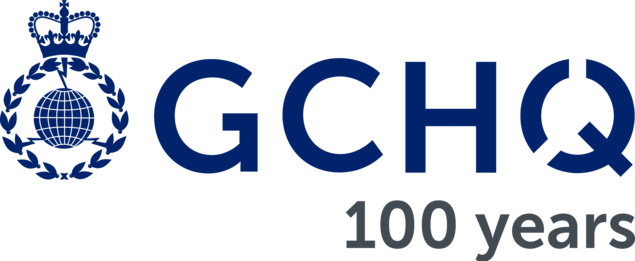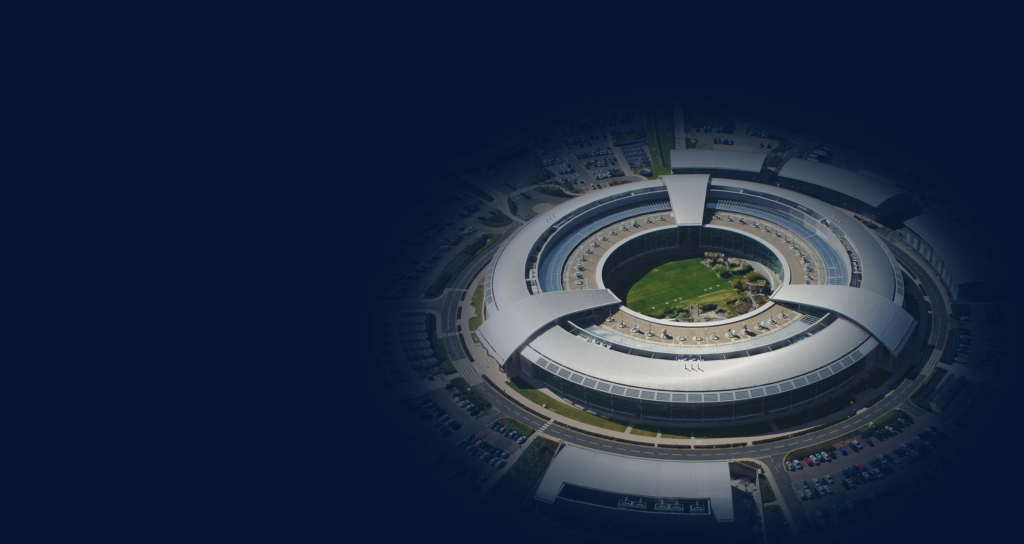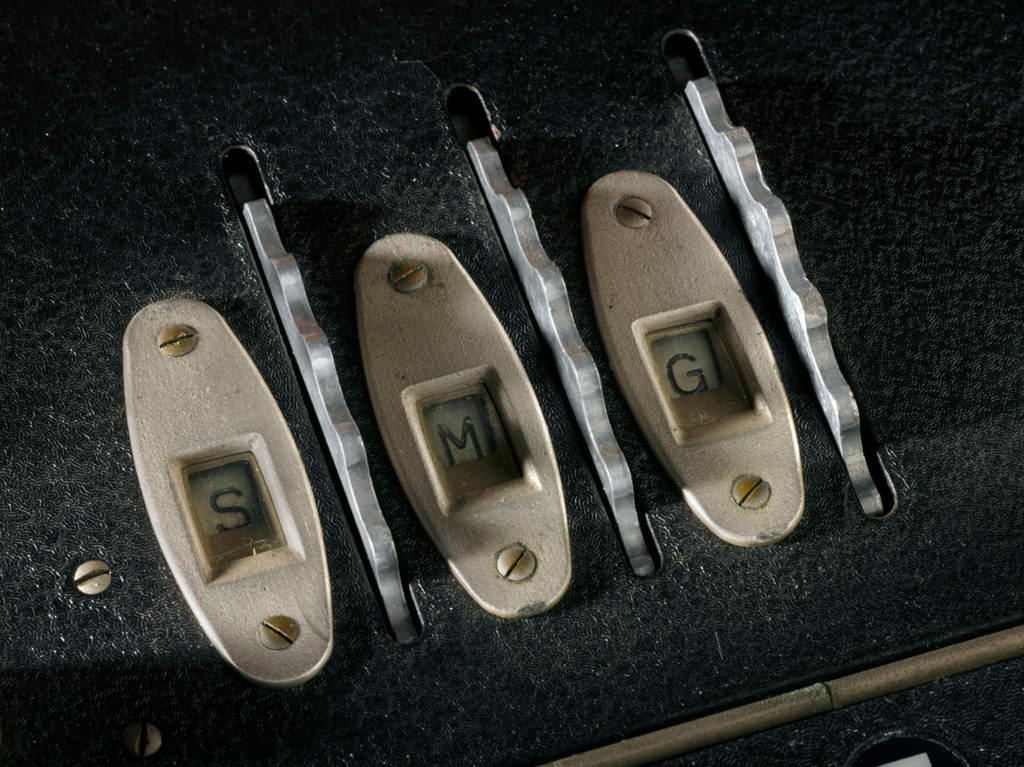

On the 1st November 1919, a new government establishment was set up when Room 40 in the Admiralty, responsible for naval intelligence, and MI1(b) in the War Office, responsible for military intelligence, during the First World War, were merged to create a single signals intelligence agency called the Government Code and Cypher School (GC&CS).
In 1939 the name was changed to GCHQ in an attempt to confuse the enemy in the lead up to the Second World War. Throughout the war-years its main effort was centred upon Bletchley Park and the decoding of Germany’s Enigma signals. After the war, in 1950, it moved to its present site at Cheltenham.

GCHQ’s main effort has changed somewhat from the old days. It is still involved in supporting the military, but as everyone will be aware, modern problems such as Cyber Security are a part of everyday life, and cannot easily be separated into purely military or civilian (including commercial) sectors.
Some claim that the likes of China and Russia (or indeed North Korea), have been at war with the West for decades and that a future conflict will be decided in the electronic-ether that flows around us everyday, rather than on a more conventional battlefield. Others point to the almost inextricable links that some modern states have with international criminal organisations and that police investigations of large-scale operations often uncover foreign-state involvement.
GCHQ has always had a very impressive reputation for discretion. The vast majority of its wartime staff died without ever talking about their involvement in the likes of Ultra, for example. Indeed, when the first books about the topic were published there was a general feeling of revulsion for the author (and also a sense that he was the wrong person to have revealed the story given that he had had relatively limited access to Ultra.)
Today, there is a more open feeling about the work the agency carries out. This is part due to the need for the public to understand where their hard-earned taxes are going, and also to engage with us so that we more fully appreciate the implications of modern threats to our everyday existence. From the publishing of the names of senior GCHQ personnel, the Charity runs and cycle rides, or the staging of the free exhibition ‘Top Secret: From Ciphers to Cyber Security’, at the London Science Museum, to the publishing of “puzzle books” and other such events: all have made the agency a lot more visible to the general public.

In the words of the GCHQ website:
“We strive to protect our way of life. In an increasingly digital world, the need to protect the UK’s communications is a part of GCHQ’s role that continues to be equally as relevant. The formation of the National Cyber Security Centre, a part of GCHQ, is helping to make the UK the safest place to live and do business online. We are empowering people to play their part in our national security, showing them how to better protect themselves and each other.”

Comments on GCHQ is 100 years old today, 1st Nov 2019